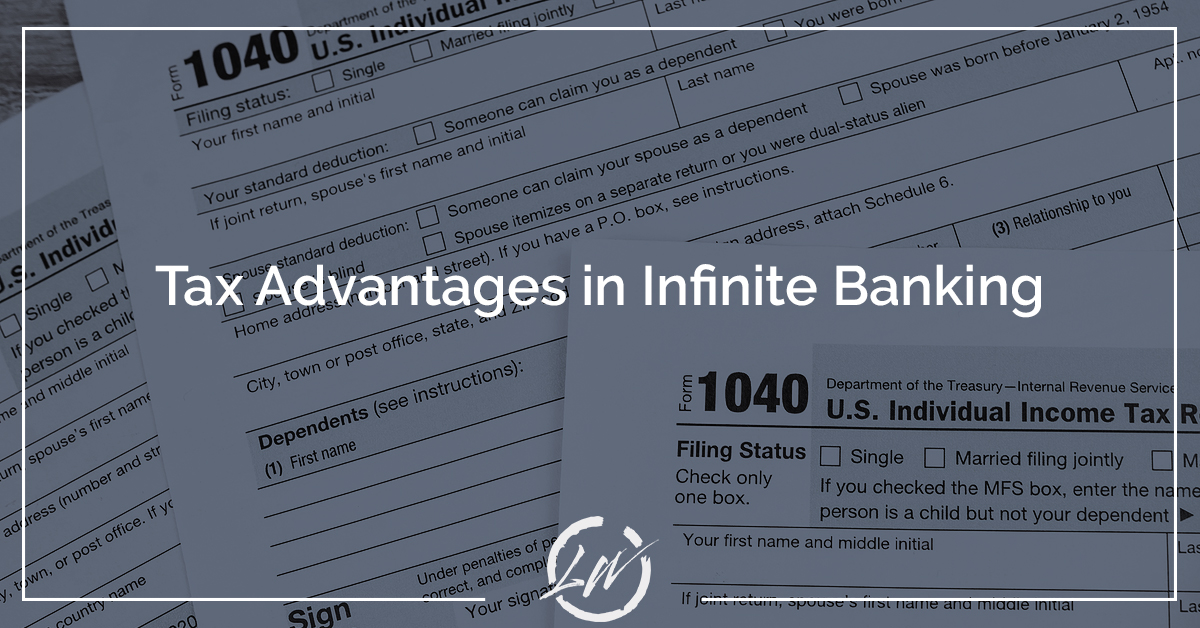Of the key benefits of the infinite banking concept is related to how tax affects your wealth. Here’s a look at the tax advantages of Infinite Banking and why it can benefit an IBC practitioner.
Before diving into the tax benefits, it’s essential to understand the infinite banking concept itself. Originated by Nelson Nash in the early 1980s, infinite banking involves using a whole life insurance policy as a financial instrument to “become your own bank.” The idea is to leverage the cash value of the policy for loans, investments, or other business needs, thereby bypassing traditional banking institutions.
Tax-Free Withdrawals
One of the standout benefits of infinite banking is the ability to take out tax-free withdrawals from the cash value of the whole life insurance policy. The IRS generally treats these as a “return of principal,” provided the withdrawals do not exceed the total amount of premiums paid into the policy.
Tax-Deferred Growth
Your cash value grows on a tax-deferred basis, which means you don’t have to pay taxes on the interest, dividends, or capital gains that accrue within the policy. This tax-deferred growth allows your money to compound more quickly than it would in a taxable account, offering a way to maximize your long-term investment potential.
Loans Are Not Income
When you borrow from your whole life insurance policy, the IRS doesn’t consider this borrowed money as taxable income. This can be a strategic advantage when you need to access large sums of money for business ventures or investments, without the burden of additional tax liability.
Death Benefits
Upon the policyholder’s death, beneficiaries receive the death benefit, which is generally income-tax-free. This tax benefit can be crucial for estate planning, potentially providing a substantial windfall for your heirs without the complications of federal income taxes.
Estate Tax Benefits
In the context of estate planning, whole life insurance policies used in infinite banking can also be structured to minimize or even eliminate estate taxes. With the proper use of trusts and other legal vehicles, the death benefit can often be passed on to beneficiaries without incurring federal estate taxes.
Caveats and Considerations
It’s crucial to consult with tax professionals and financial advisors familiar with the infinite banking concept before diving in. Mismanagement of the policy, such as withdrawing more than the premiums paid or failing to pay back loans, could trigger tax consequences.
Infinite banking is not a one-size-fits-all solution and may not be suitable for everyone. Therefore, it’s essential to consider your individual business needs, investment goals, and tax situation before implementing this strategy.
Need More Information About Tax Advantages of Infinite Banking?
We offer plenty of resources to help you with understanding the tax advantages of Infinite Banking.
- Take our free IBC course
- See our IBC learning videos
- Read our Living Wealth blog
- Check out our infinite banking YouTube channel
- See a list of the best infinite banking books
- Read our in-depth page that answers the most common Infinite Banking Concept questions
- Infinite banking concept glossary of terms
- Contact us






